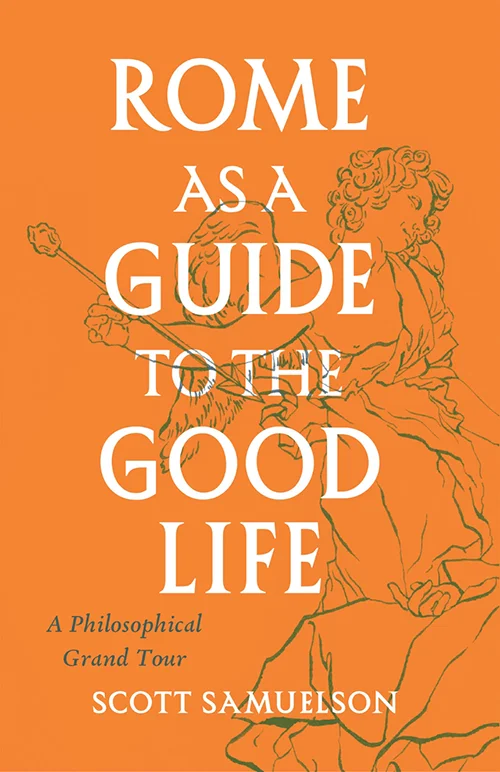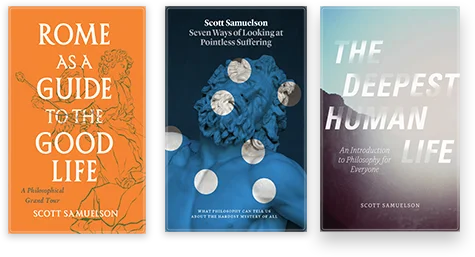New in 2023
Praise for Rome As a Guide to the Good Life
“A delightful and immersive guide to the city of Rome and the philosophical tradition it embodies concerning the good life, or as we would say today, the meaning of life. Travelers seeking ancient wisdom among the city’s famous buildings and works of art could ask for no better companion.”
—Donald Robertson, author of
How to Think Like a Roman Emperor






